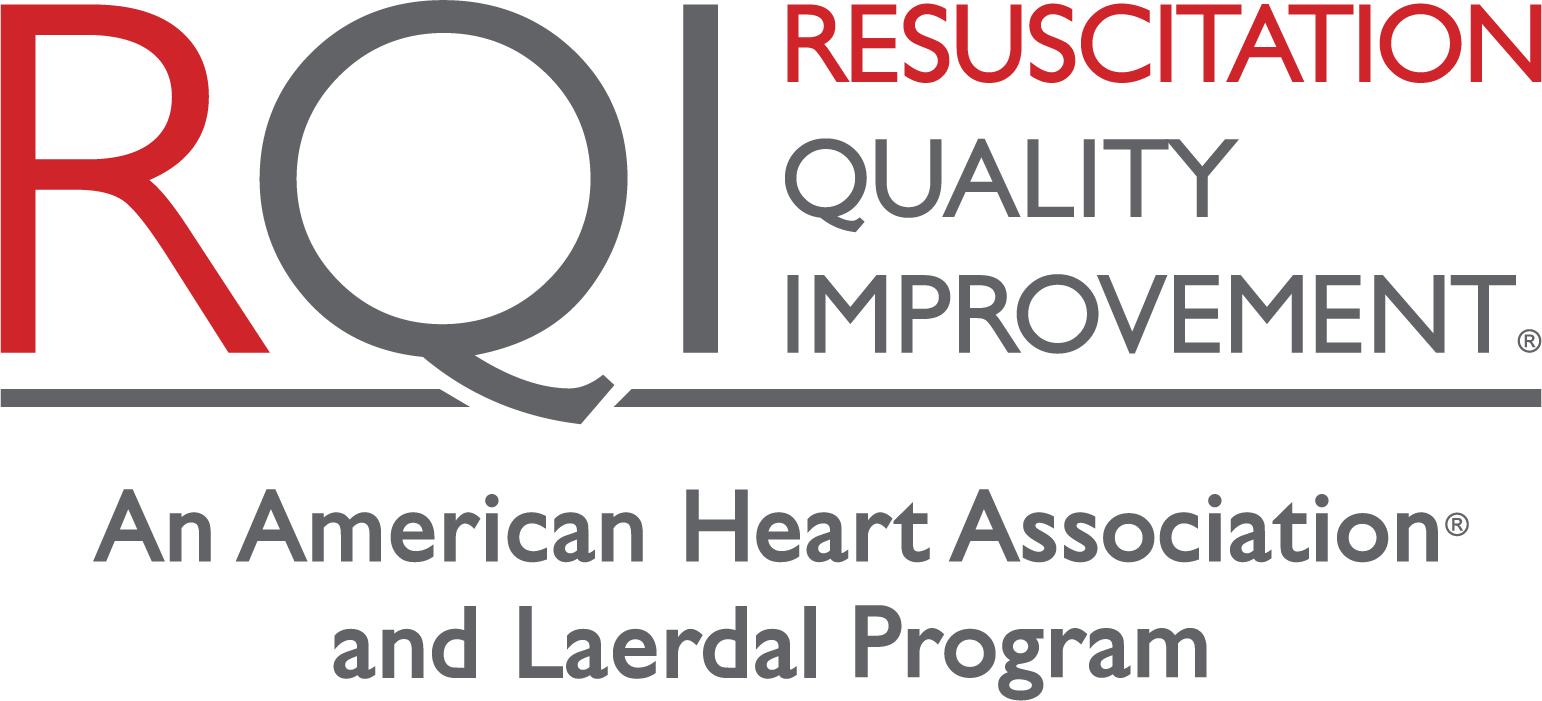The Impact of Resuscitation Quality Improvement
The resuscitation quality improvement model made its debut in 2015, unsettling the CPR culture of a one-time, massed training event ...
Instructional design elements that can improve educational outcomes, patient outcomes and survival after cardiac arrest. (Cheng et al, 2018)

— Latest Research —
Contextual Learning, Debriefing, Deliberate Practice, Education Science Guidelines, Feedback, Low Dose, High Frequency, Mastery Learning
Low Dose, High Frequency, RQI-Based
Low Dose, High Frequency, Mastery Learning, RQI-Based
Feedback, Low Dose, High Frequency, RQI-Based
Feedback, Low Dose, High Frequency, RQI-Based
Low Dose, High Frequency, RQI-Based
Subscribe to receive updates on the research and evidence behind RQI
